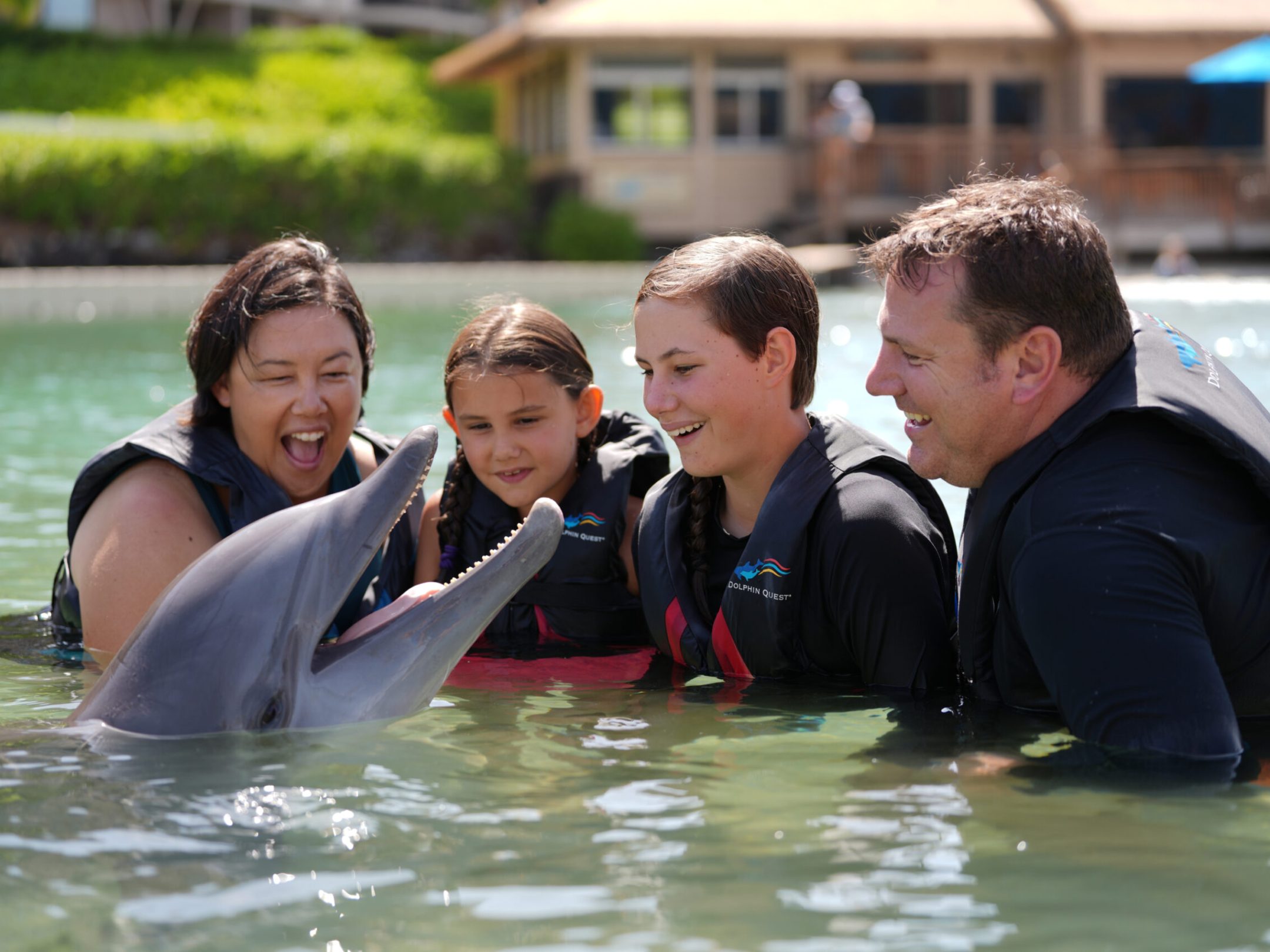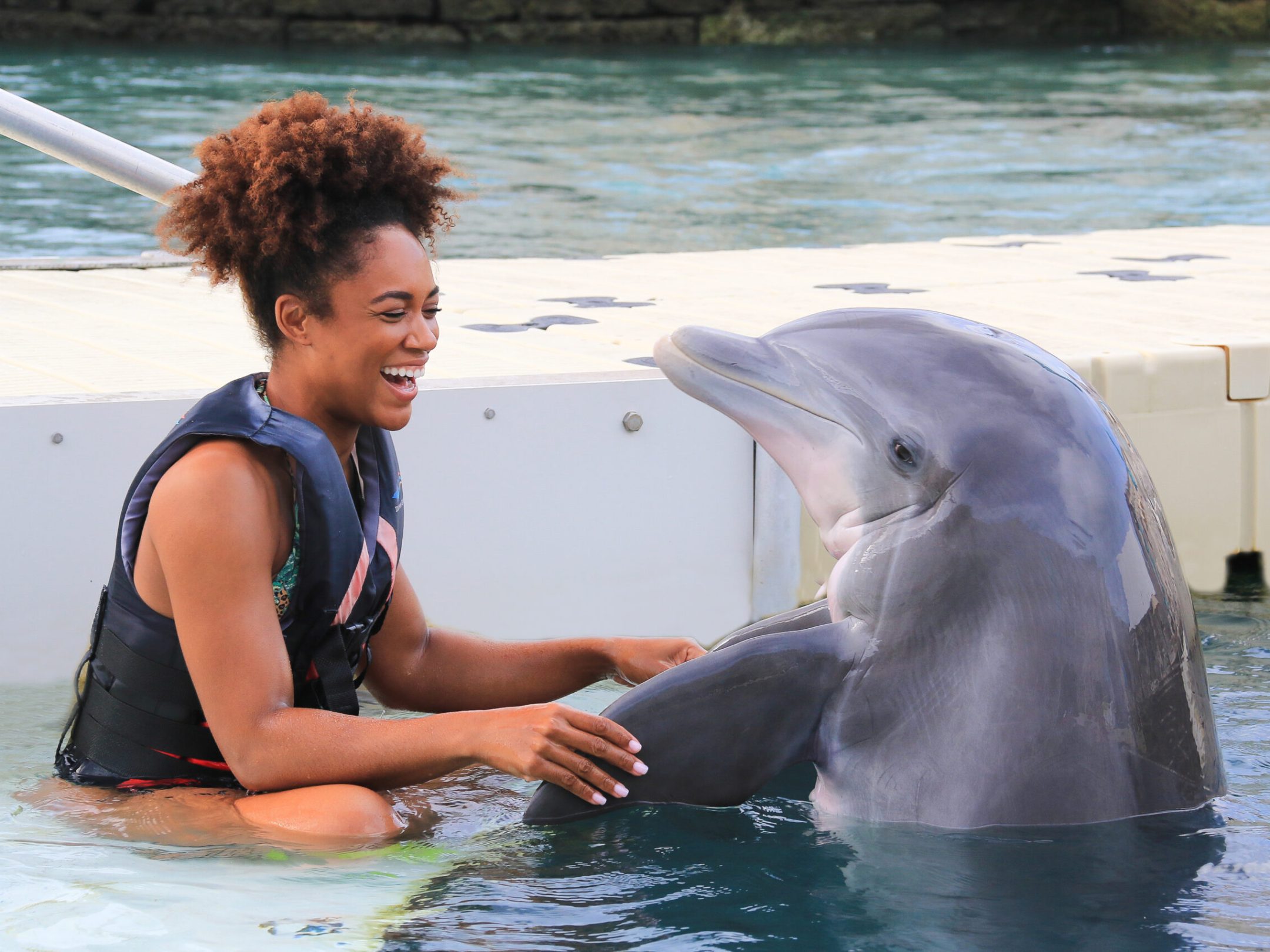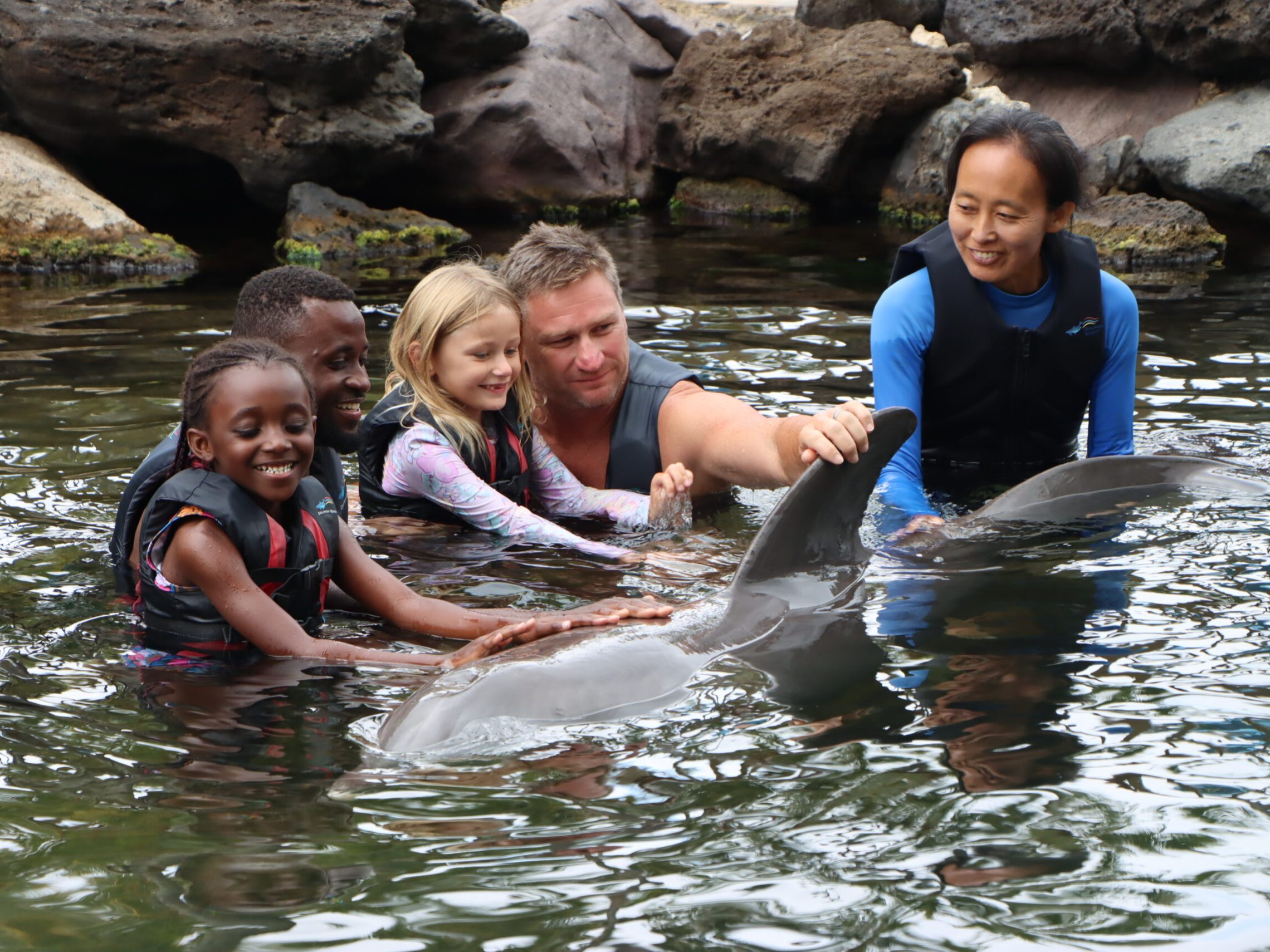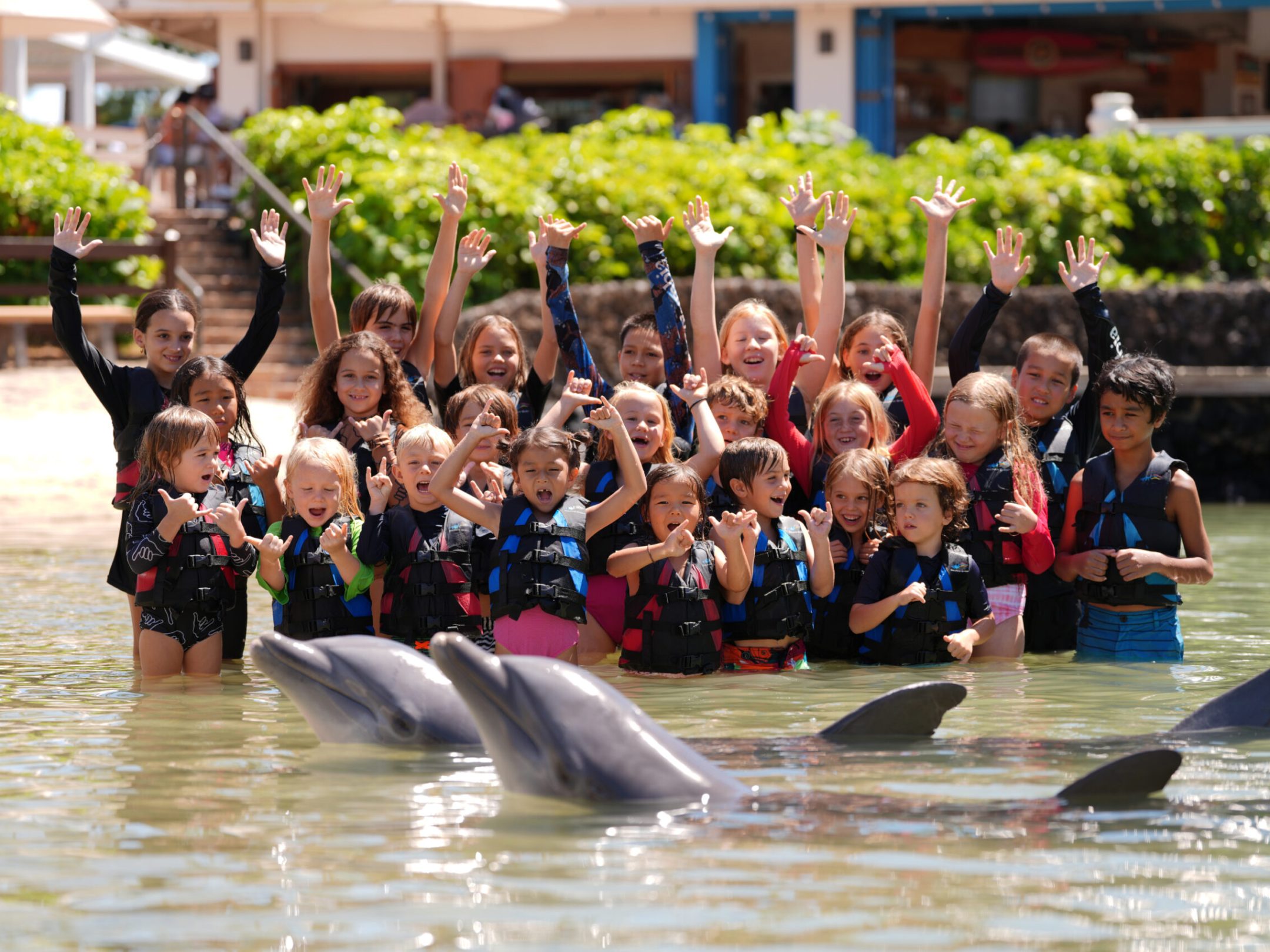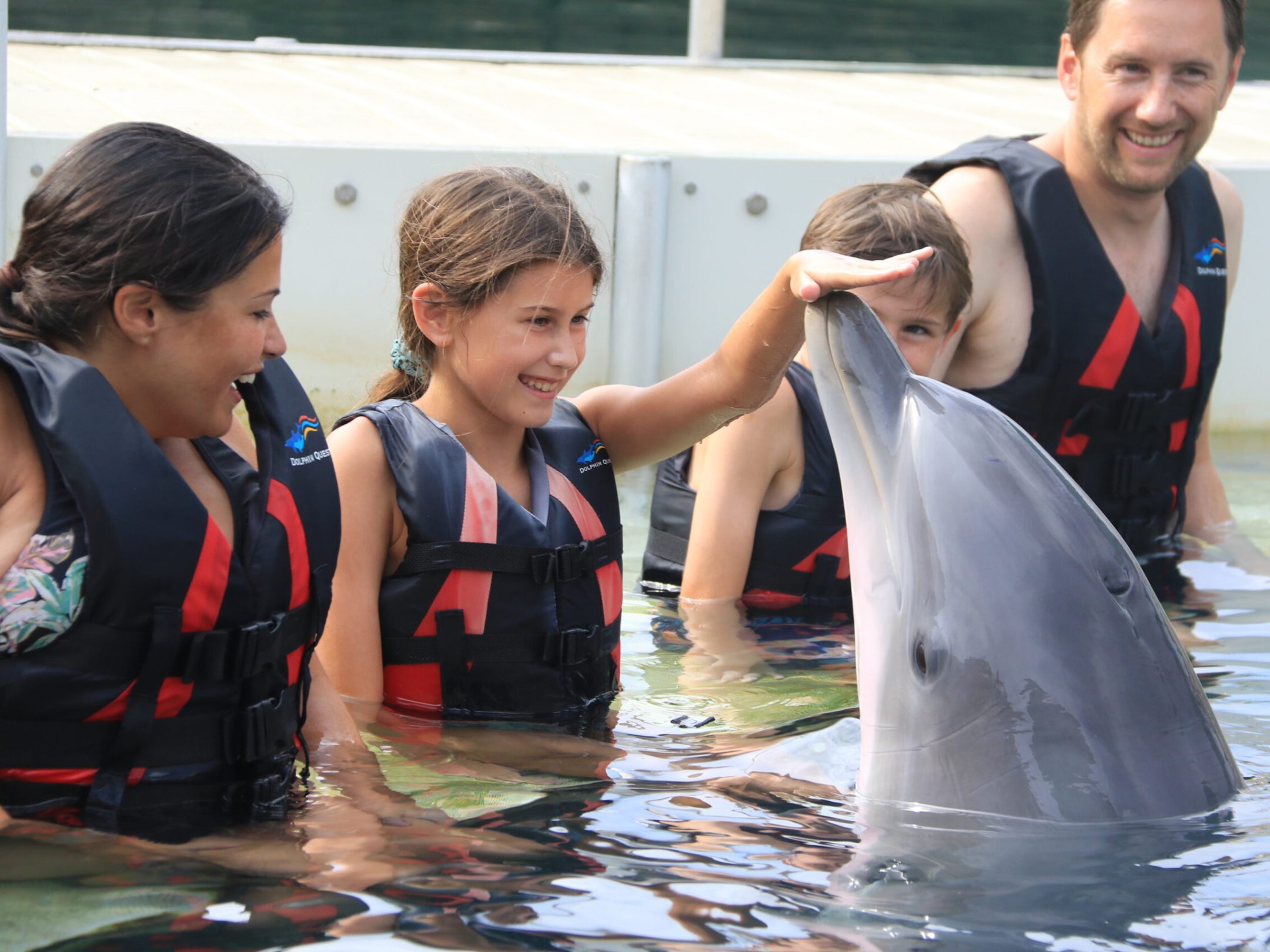WILDLIFE VIEWING GUIDELINES
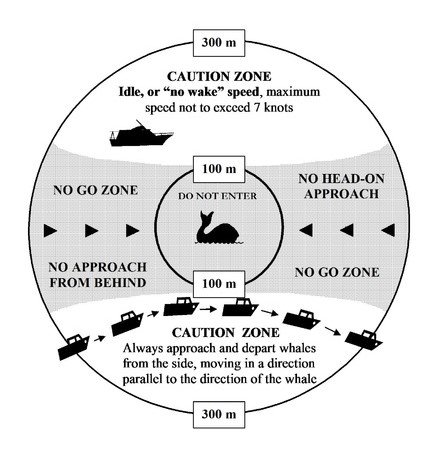
KEEP A SAFE DISTANCE
Observers should maintain a safe distance from marine animals to avoid causing unnecessary stress or disturbance.
![]()
MINIMIZE IMPACT
Limiting noise, avoiding sudden movements, and using binoculars or zoom lenses for observation helps minimize disturbance to the animals.
![]()
RESPECT HABITATS
Picking up trash in the wild, disposing of garbage properly, and recycling all help to keep the animals’ environment safe and clean.
NO TOUCHING
Refraining from attempting to touch marine animals in the wild is crucial for the safety and health of both you and the animal.
NO FEEDING
Feeding wild marine animals jeopardizes their health and can cause the animals to become aggressive.
KEEP PETS ON A LEASH
Keeping pets on a leash helps to avoid stress, harm, and sickness to marine animals.
EDUCATE OTHERS
Inspire others to view wildlife responsibly and only support organizations that follow these guidelines.
CALL FOR HELP
Report a sick, entangled, stranded, injured, or dead animal to the authorities according to the National Oceanic and Atmospheric Administration (NOAA).
FOLLOW REGULATIONS
Adhering to local laws and regulations regarding wildlife viewing ensures the safety of both animals and observers.
BE RESPECTFUL
Being a respectful viewer honors island culture by protecting and preserving wildlife and their homes.
These guidelines do not replace federal or state laws. Harassment, pursuit, and feeding of marine mammals is prohibited by federal and national law.
VISIT CERTIFIED ZOOS AND AQUARIUMS
Experiencing animals up close, responsibly, and safely, is among the most inspiring ways to learn about and foster a passion for their conservation. Accredited and certified zoos, aquariums, and marine parks, such as Dolphin Quest, offer these exceptional opportunities within secure environments that prioritize the well-being of both animals and visitors.
To ensure animal health and wellness is prioritized, we encourage you to seek out zoos, aquariums and marine life parks that are accredited or certified for their animal care. For example, Dolphin Quest is accredited by the Alliance of Marine Mammal Parks and Aquariums and Certified Humane by the American Humane organization.

To maintain accreditation and certification in these programs all Dolphin Quest locations must pass a rigorous annual inspection that reviews all aspects of animal health, safety, and wellness among a host of other factors. The criteria for these inspections are well above that of the USDA who also conduct surprise inspections. These third-party reviews provide our guests with the comfort of knowing that our dolphins are in great health and well cared for at Dolphin Quest.
Avoid animal experiences that are not certified or accredited. Also avoid paid “selfie” opportunities with individual wildlife offered in remote locations. Some of these animal experiences may in fact be tied to illegal wildlife trafficking.
Look for the “Accredited by the Alliance” and “Humane Certified” logos or visit Alliance of Marine Mammal Parks and Aquariums and American Humane to discover new places to safely and humanely experience animals.
